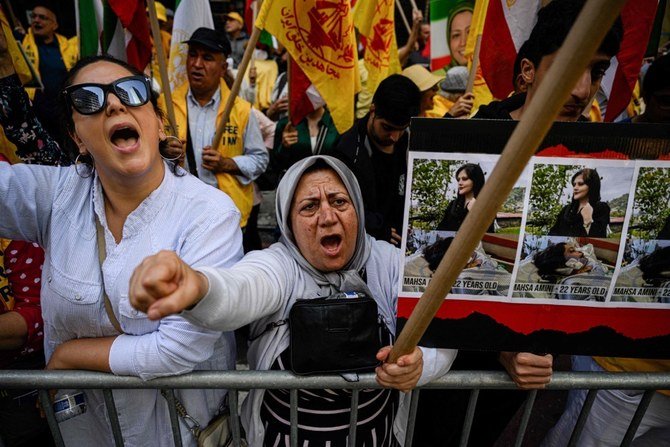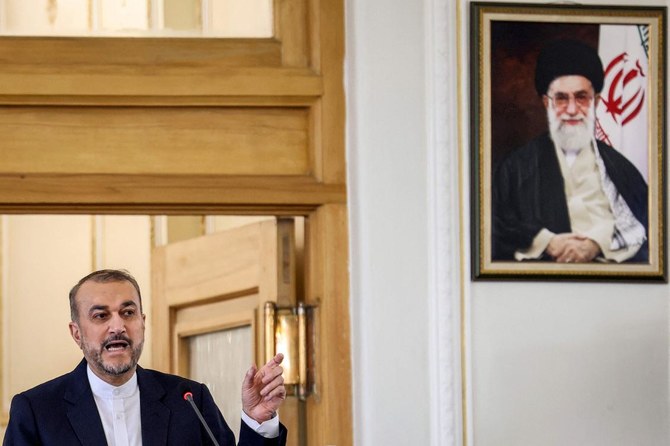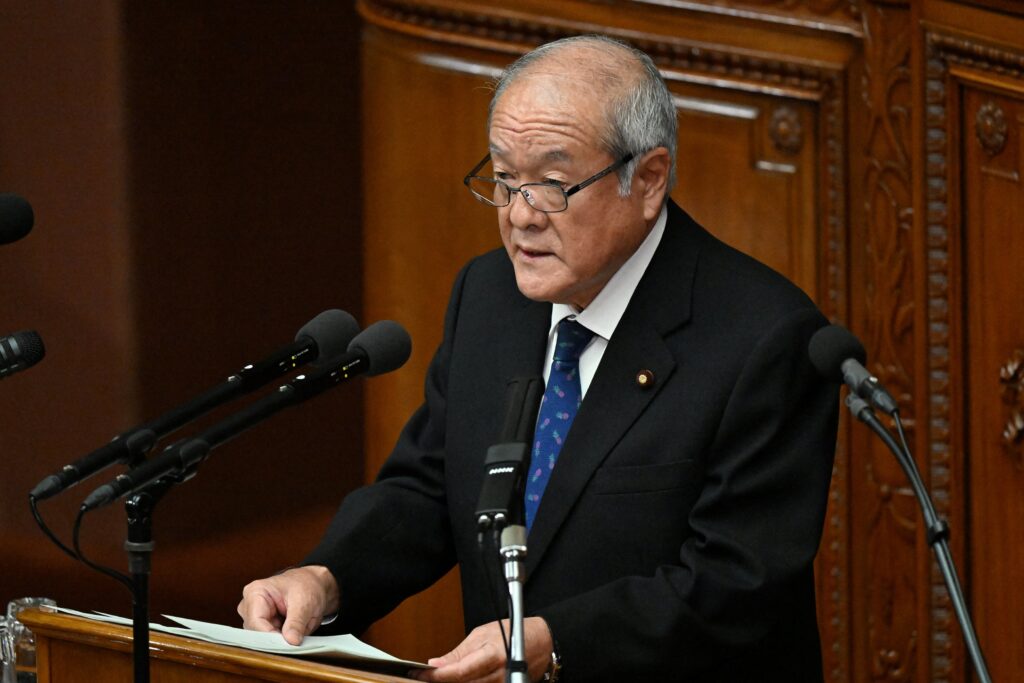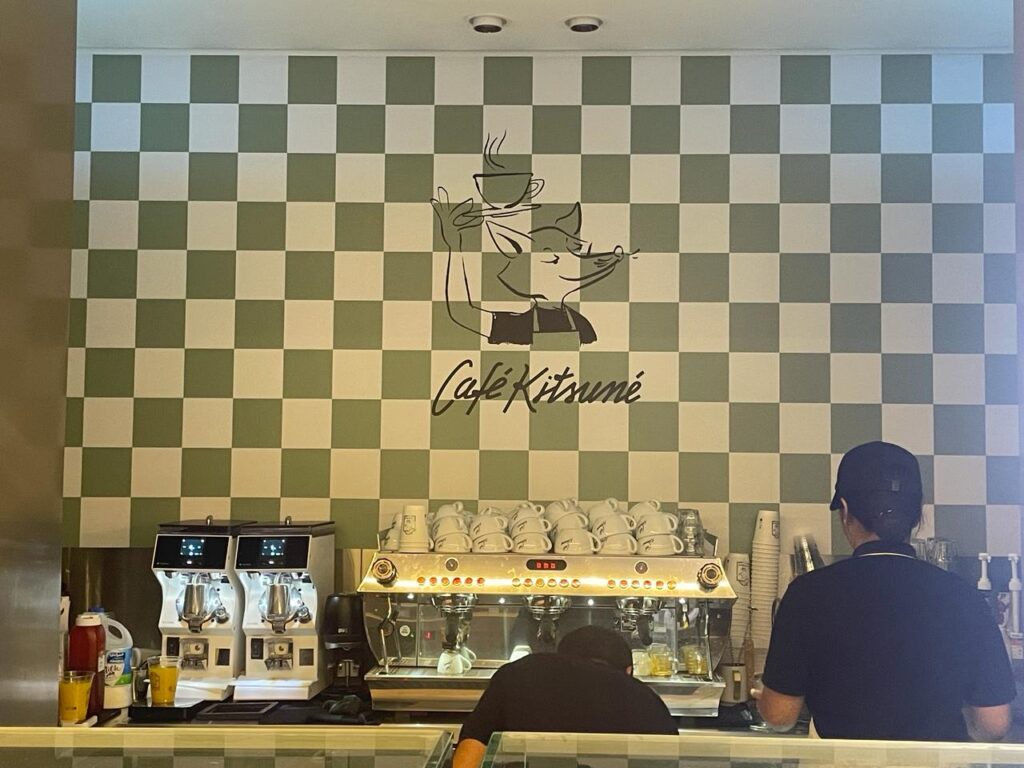Charlie Peters
NEW YORK CITY: As Iran is rocked by furious nationwide protests following the death on Friday of Mahsa Amini — a 22-year-old Iranian woman who died after police beat her for “improperly” wearing the hijab — President Ebrahim Raisi might have hoped to escape the anger swelling in his country while he attends the UN General Assembly in New York this week.
But he faces the threat of being served with a lawsuit in the city by Iranian dissidents and Westerners who were held hostage by the regime in Tehran and accuse him of personal involvement in the torture and mistreatment they endured.
The lawsuit, which is supported by the National Union for Democracy in Iran, is being filed in the Southern District of New York by human rights attorney Shahin Milani on behalf of victims of Raisi’s alleged crimes.
The plaintiffs claim they endured acts of torture that were either directly ordered or substantially assisted by Raisi, which means the Iranian president is liable to face a civil lawsuit under the US Torture Victim Protection Act.
Cameron Khansarinia, NUFDI’s policy director, introduced the plaintiffs during a press conference at a private club in midtown Manhattan.
“We are here today to announce and outline in detail an historic, federal, civil lawsuit against Ebrahim Raisi,” he said.
“The plaintiffs in this case — Iranian dissidents, former Iranian hostages, former Western hostages — are coming together in unprecedented fashion to take a step forward for justice.”
On the sidelines of the UN General Assembly, Khansarinia told Arab News: “Raisi is in New York and it’s important that while the media is covering him, they’re also covering his victims.
“We want to have it recorded in the US judiciary that Ebrahim Raisi’s victims are standing up to him, that he is a criminal, that he is being accused, and in our view is guilty, of torture. This is important for setting a new legal precedent for such cases.
“Secondly, we are giving a voice to the Iranian people and to his victims, and allowing them for the first time to speak up because for so long they have been silenced by the regime and, unfortunately, often even by those in the West, so it’s an important opportunity for them to speak their truth today.”
During the press briefing, which was also supported by the NUFDI, four of those victims shared the details of their experiences at the hands of the Iranian regime: Mehdi Hajati, a city councilor and dissident; Kylie Moore-Gilbert, a British-Australian academic and former hostage of the regime; Hamid Babaei, a Belgian-Iranian academic and former hostage; and Ahmad Batebi, a former political prisoner.
They were joined by Navid Mohebbi, who was once the youngest journalist in the world in detention when he was imprisoned by the regime in Tehran. Milani, the lead attorney in the lawsuit, stressed that the civil case directly targets Raisi personally and not the Islamic Republic of Iran as a whole.
Moore-Gilbert described years of “gross mistreatment” and “psychological and physical torture” while in detention. Raisi was head of Iran’s judiciary when she was convicted, sentenced, denied an appeal, and transferred to prison. She said she holds him “ultimately responsible for the mistreatment and injustice” she endured.
She said that the judge at her trial was “clearly a puppet” of the government and not “capable of making independent decisions.” She was not even aware she had a lawyer until a couple of weeks before her hearings, she added.
Moore-Gilbert, speaking via video link, said she was “unable to present evidence during the trial” and could not understand the proceedings because they were conducted entirely in Farsi. She was sentenced to 10 years in prison on “ludicrous charges” of espionage. She was immediately placed in solitary confinement for seven months, one of the many examples of cruel and unjust punishment she said she endured, which also included exposure to infectious diseases and denial of medical care.
“He is ultimately responsible for my mistreatment,” Moore-Gilbert said of Raisi, adding: “I am taking part in this lawsuit under the TVPA in order to hold Raisi accountable for one injustice: My own.”
Babaei, another academic unjustly imprisoned in Iran, described the repulsive conditions he endured during his time in detention, revealing that inmates were not even provided with cups for drinking water.
“I lived in a constant trauma,” he said as he told how he saw fellow prisoners being taken away to be hanged, which he said kept him in a continuous state of fear that he would be next.
Mohebbi said that Iranians have been “exposed to continuous trauma over the last 43 years.”
Describing his experiences in prison, he said the entire judiciary system, in which “the punishment of a defender is already sealed,” had conspired against him.
He said: “With this lawsuit, the survivors and victims of the regime send a very clear message to the butchers of Tehran that you will never break our soul, our resilience, and our fight for our human dignity is not one that we will lose.”
The lawsuit brings three cases to the court, he added, but they “represent thousands of Iranians whose rights to express justice, their rights to express themselves, and their rights to express their suffering has been taken away.”
Marjam Keypour Greenblatt, a human rights activist and non-resident scholar at the Middle East Institute, told Arab News: “I am here to support the rights of Iranian people who are having their rights violated by the regime on a regular basis. I am here to echo their voices and to make sure there is justice where justice is rarely seen.”
Justice is the ultimate goal of the civil case against Raisi but success in achieving this justice, which thousands of others have been denied, could be a difficult prospect.
Gissou Nia, director of the Atlantic Council’s Strategic Litigation Project, told Arab News that the TVPA is “the right act to use here because you can seek remedies for crimes that were committed elsewhere.”
She added: “The legal team wants to serve process but provided that he is served then there would be determinations around immunity. With this particular matter, if the defendant was a head of government from France or Germany (for example), then the court would most likely take judicial notice and say that Raisi is protected by head-of-state immunity.
“But because it’s Iran, and under US law there are some different exceptions to state immunity as it applies to Iran, the court may opt to ask the State Department for their view. This could take a while but there is a chance that the suit moves forward.”
Raisi is not obliged to respond to a civil lawsuit, however, and if he chooses not to engage with the legal proceedings the court could issue a default ruling against him and in favor of the plaintiffs.
The president is not a member of Iran’s permanent mission to the UN and therefore does not qualify for diplomatic immunity. However he is afforded protection from being served with legal papers while he is in the UN headquarters and the surrounding district, and while traveling between there and his accommodation. However, the legal papers could be served against him if his accommodation in New York, or any non-official activities he takes part in, are outside the borders of the UN district.
Nizar Zakka, a former prisoner of the Iranian regime, told Arab News: “The most important part of this lawsuit is that the Iranian regime needs to know that they will be hunted wherever they go (and) they will be sued until they stop these activities, like hostage-taking, that they have been doing since 1979.”
For those dissident Iranians and Western hostages who continue to endure physical and psychological trauma after years of unjust confinement, that hunt continues this week in New York City.






















